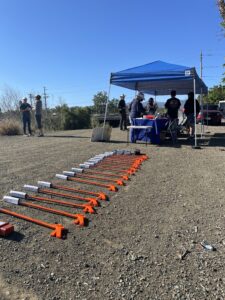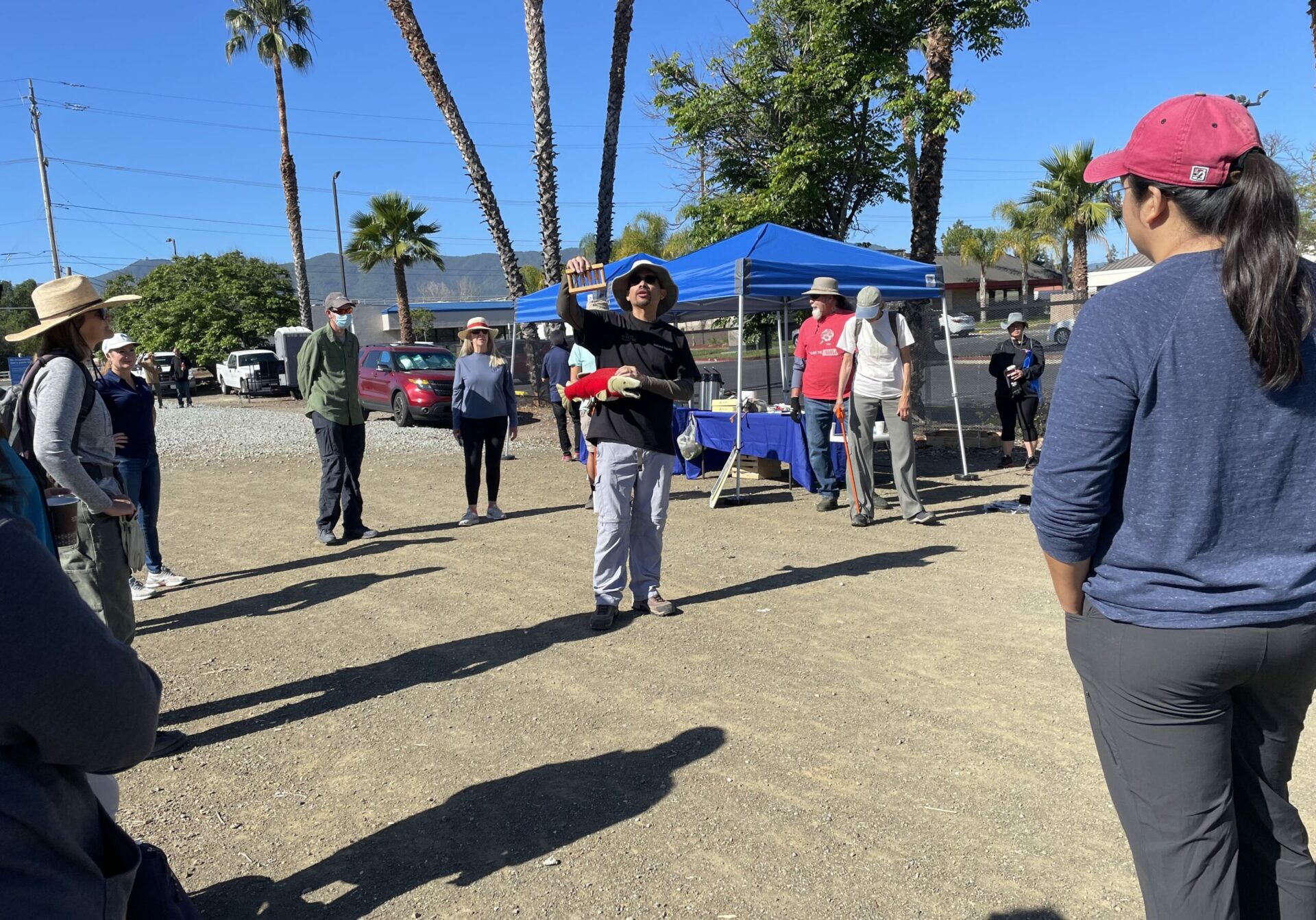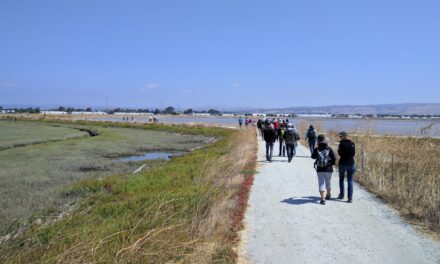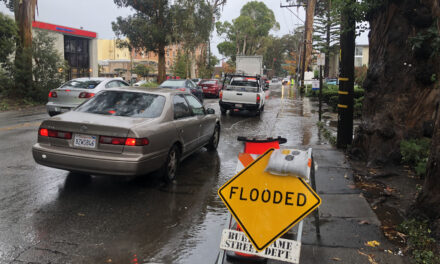Refreshing Santa Clara County Rivers
More than 500 volunteers with trash pickers in hand scoured 36 miles of Santa Clara County riverbanks on May 21, collecting over 25,000 pounds of trash for National River Cleanup Day.
The annual event, put on locally by Valley Water and Creek Connections Action Group, was first started in 1991 by American Rivers. The event focuses on protecting rivers, watersheds and ecosystems from trash and litter. Since 2007, the local event has resulted in almost 475,000 pounds of trash collected from sites across Santa Clara County. Nationally, 32 million.pounds have been removed from American waterways in the last three decades.
“It was one of the first times in two years, since the start of the COVID-19 pandemic, when we actually had organized group cleanups for National River Cleanup Day,” says Nick Ingram, a representative from Valley Water.
At one cleanup site, Valley Water partnered with Saved by Nature and Opening Doors 2020 to provide hot meals and hygiene kits to the unhoused people in the area.
“Some of the unhoused that were there joined our cleanup efforts,” Ingram says. “They grabbed gloves, trash pickers and a bag and joined the volunteers. Everyone had a great time.”

While the results of these trash cleanups leave rivers looking pristine, they also result in several expected — and unexpected — environmental benefits.
“Once a piece of trash enters a storm drain or stream it may continue downstream and affect many other water bodies (creeks, streams, rivers, lakes, estuaries, bays, ocean…),” according to a fact sheet released by the State Water Resources Control Board.
Cleaning up trash, especially around waterways, can help protect ecosystems that rely on that water source. Debris in rivers and creeks that flow into San Francisco Bay can entangle wildlife, disrupt migration patterns and even release harmful chemicals.
Other Recent Posts
Assistant Editor Job Announcement
Part time freelance job opening with Bay Area climate resilience magazine.
Training 18 New Community Leaders in a Resilience Hot Spot
A June 7 event minted 18 new community leaders now better-equipped to care for Suisun City and Fairfield through pollution, heat, smoke, and high water.
Mayor Pushes Suisun City To Do Better
Mayor Alma Hernandez has devoted herself to preparing her community for a warming world.
The Path to a Just Transition for Benicia’s Refinery Workers
As Valero prepares to shutter its Benicia oil refinery, 400 jobs hang in the balance. Can California ensure a just transition for fossil fuel workers?
Ecologist Finds Art in Restoring Levees
In Sacramento, an artist-ecologist brings California’s native species to life – through art, and through fish-friendly levee restoration.
New Metrics on Hybrid Gray-Green Levees
UC Santa Cruz research project investigates how horizontal “living levees” can cut flood risk.
Community Editor Job Announcement
Part time freelance job opening with Bay Area climate resilience magazine.
Being Bike-Friendly is Gateway to Climate Advocacy
Four Bay Area cyclists push for better city infrastructure.
Can Colgan Creek Do It All? Santa Rosa Reimagines Flood Control
A restoration project blends old-school flood control with modern green infrastructure. Is this how California can manage runoff from future megastorms?
San Francisco Youth Explore Flood Risk on Home Turf
At the Shoreline Leadership Academy, high school students learn about sea level rise through hands-on tours and community projects.
Decomposing wastes and plastics also contribute to greenhouse gasses and thus climate change. Experts say disposing of your waste properly, recycling when applicable, and reducing your single use plastic waste can all help reduce the impact on the environment.
“Keeping litter off our streets and public areas will ultimately help keep it out of our waterways, and reduce the trash we need to pick up during these events,” says Ingram.
Tools of the trash pick up trade allow volunteers to keep refuse at arm’s length. Photo: Valley Water.










